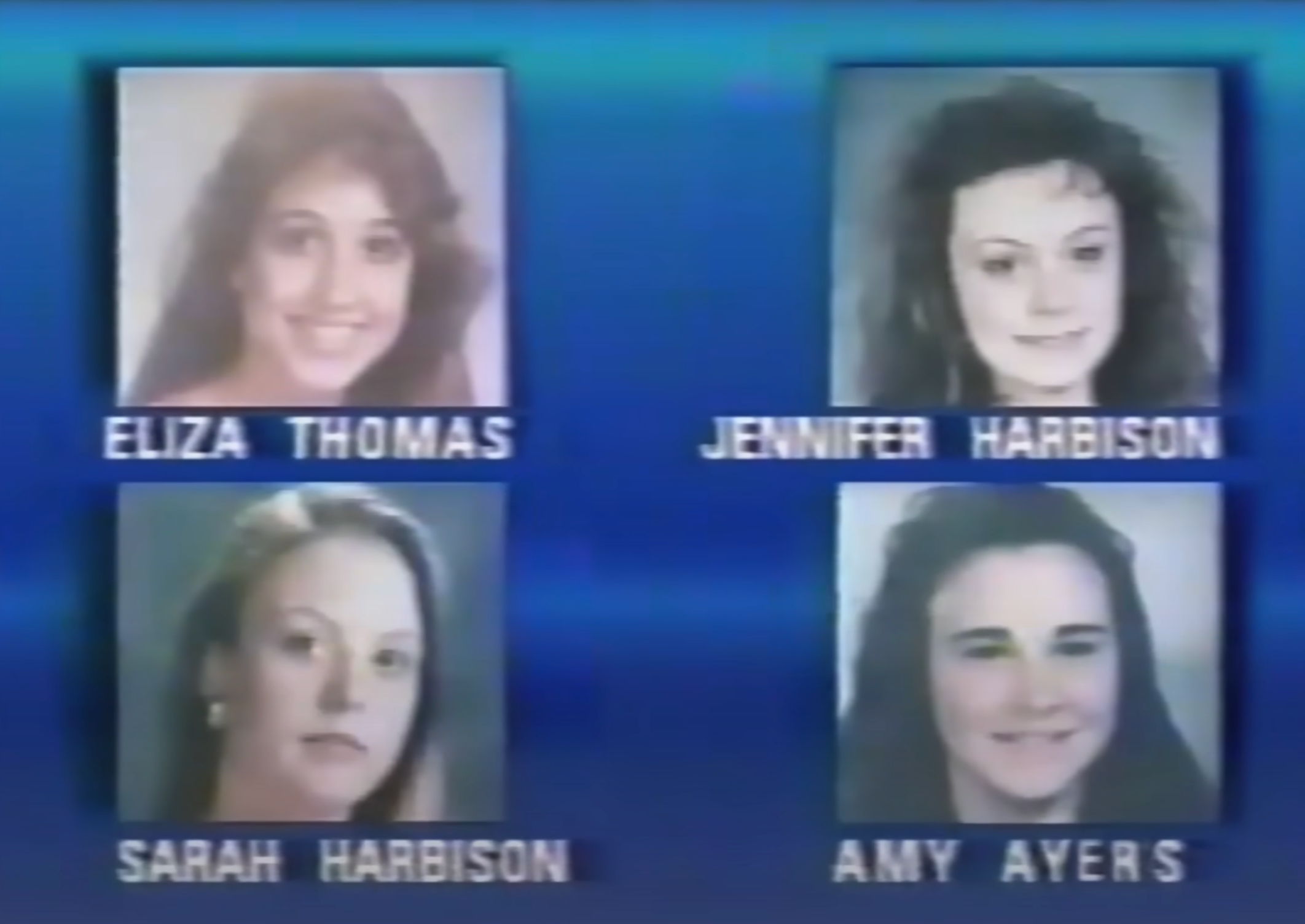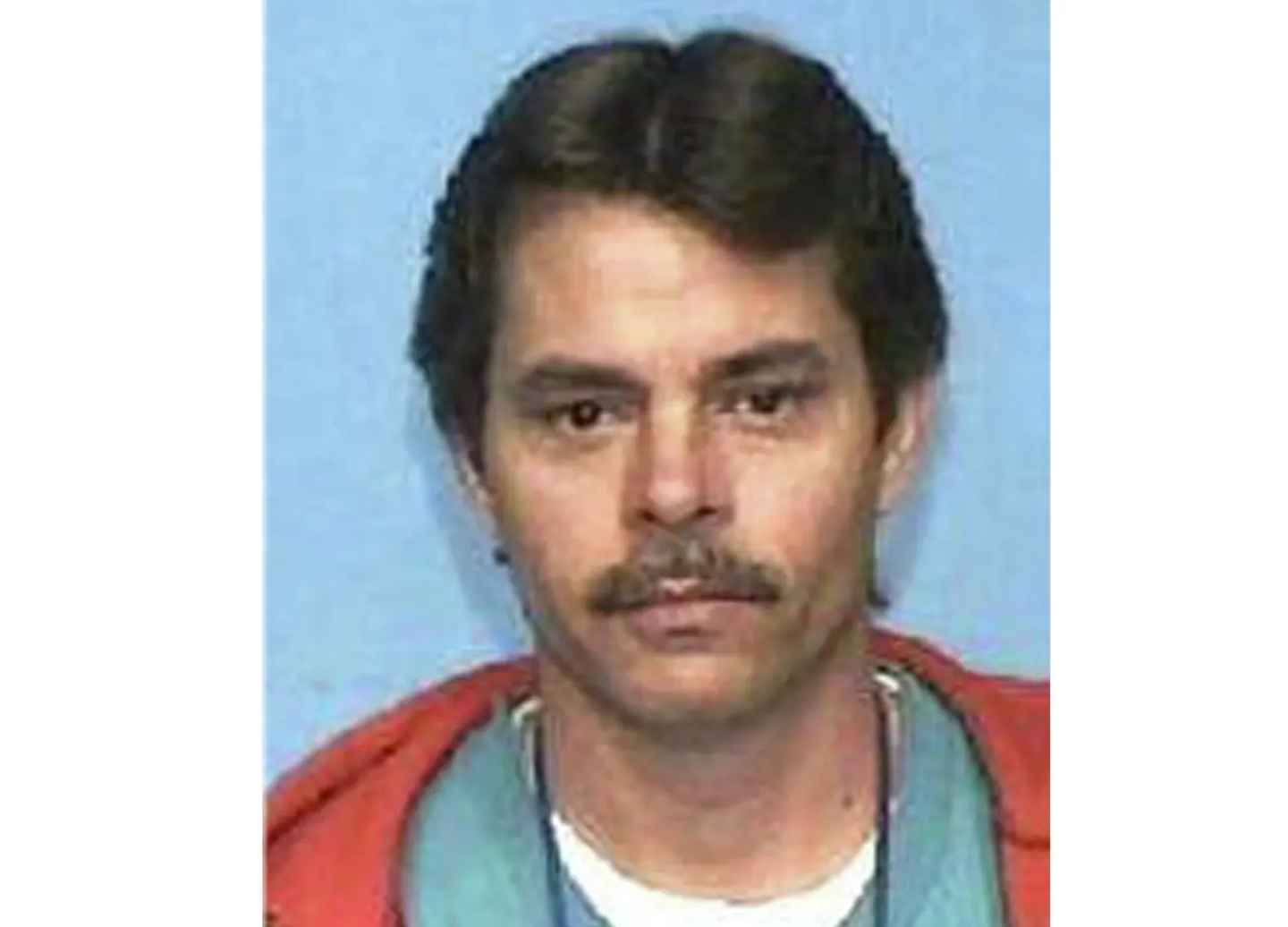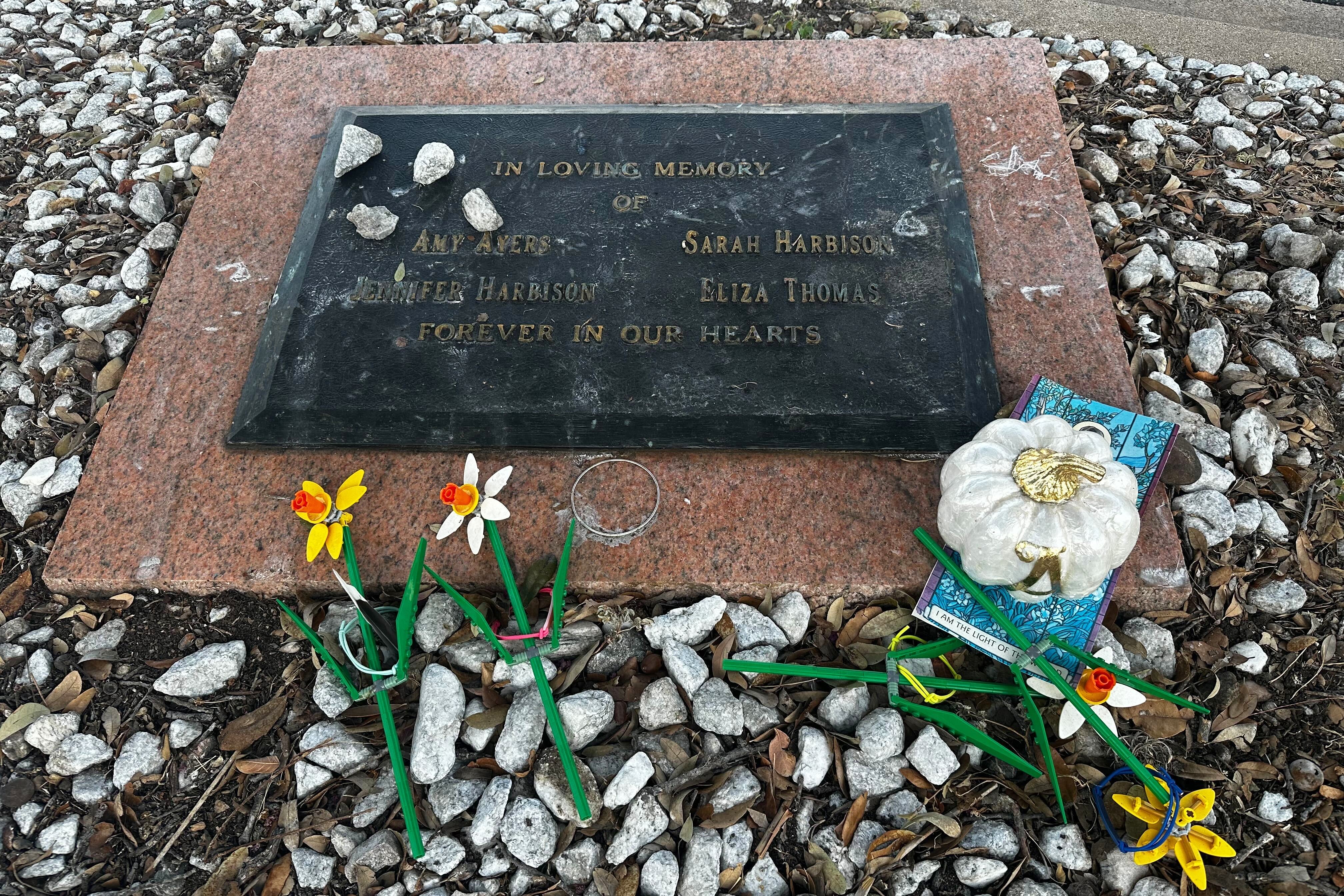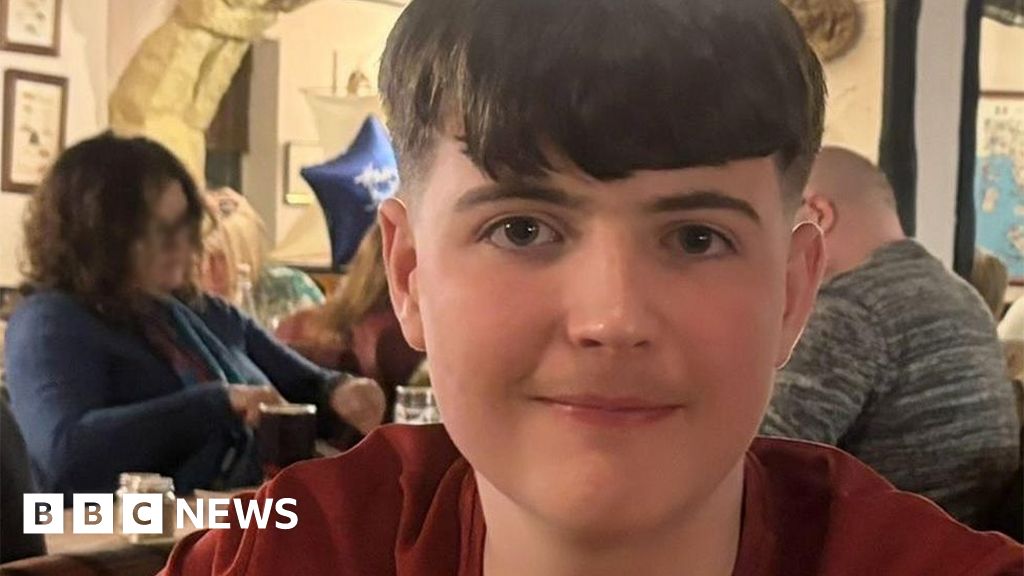DNA evidence has helped solve the murders of four teenage girls in a yogurt shop in Austin, Texas, more than three decades ago.
Police announced Friday that Robert Eugene Brashers had been linked to the brutal killings in 1991, which have since become some of the most notorious crimes in the state capital’s history.
Amy Ayers, 13; Eliza Thomas, 17; and sisters Jennifer and Sarah Harbison, ages 17 and 15, were bound, gagged and shot in the head at the “I Can’t Believe It’s Yogurt” store where two of them worked.
The building was then set on fire.
Investigators said previously that a suspect had entered the building through the back door of the store near to closing time and attacked the girls before setting the fire. Their bodies were found while firefighters tackled the blaze.

The autopsy revealed heartbreaking and gruesome details about the manner in which the girls had been killed. Their hands were tied with underwear and mouths were gagged with cloth. Ayers had been shot twice.
Brashers died by suicide in 1999 during a standoff with police in Missouri. In addition to the yoghurt shop murders, he has also been linked to several killings and the rape of a 14-year-old girl in other states.

Friday’s announcement came amid renewed attention on the case with the release last month of “The Yogurt Shop Murders,” an HBO documentary series. Police said the case remains open and scheduled a Monday news conference to detail their findings.
The murders stunned Austin and police investigators struggled to find credible leads for years, after dealing with several false confessions and badly damaged evidence from the burned-out crime scene.
“Our team never gave up working this case,” Austin police said Friday.

During their investigations authorities arrested four men on murder charges in 1999. Two of them, Robert Springsteen and Michael Scott, were teenagers at the time of the murders.
They initially confessed and implicated each other, though both men quickly recanted and said their statements were made under pressure by police. However, they were still tried and convicted of the crimes.
A judge ordered both men freed in 2009 when prosecutors said new DNA tests that weren’t available in 1991 had revealed another male suspect.





